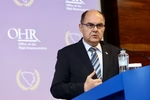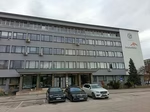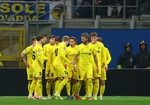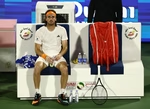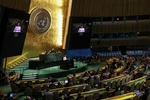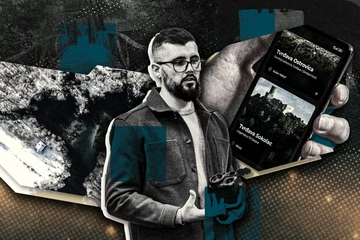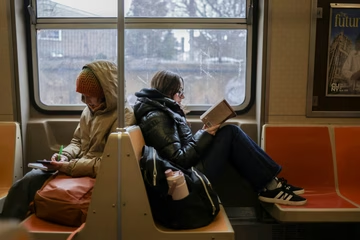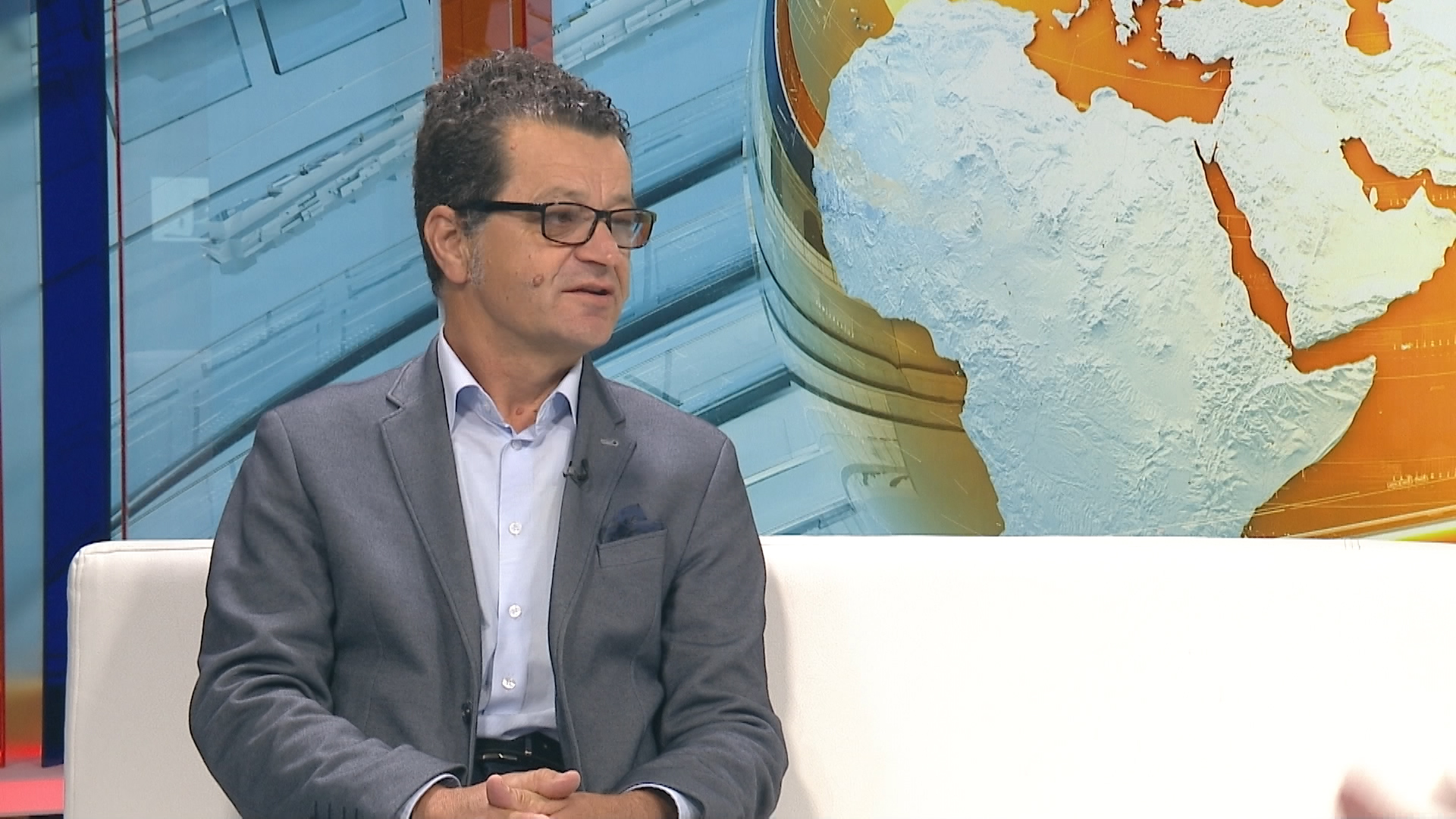
It is necessary to accept the fact that there must be a balance between the national and the civic, Martin Raguz, a delegate at the House of Peoples of BiH and the Leader of the Croat Democratic Party 1990 (HDZ 1990) told N1. However, he does not see anyone willing to make that compromise, at the moment.
Commenting on the Croat People’s Assembly (HNS) Leader Dragan Covic’s claims of “Plan B” for the Bosnian Election Law reform, Raguz said that there is only a “Plan A”.
“I can only reiterate that for me personally and for the party which I belong to, there is only a ‘Plan A,’ which is Bosnia and Herzegovina integrated into a united Europe and we should all start working on this. I think such statements are more in function of the pre-election campaign. I think Bosnia's European future has no alternative,” Raguz said.
He was asked whether there will be a change to the Election Law of Bosnia and Herzegovina which must be amended following the Constitutional Court’s decision stipulating that certain sections of the Law do not comply with the Constitution and that the Law must be amended in order to ensure equal representation of peoples in the Federation of Bosnia and Herzegovina entity’s House of Peoples.
“I see that some actors in the negotiation process are saying that this process is over. I can see that there are no results, but that doesn't mean that this process must end. It must continue to run and we must find a way to reach a compromise and an agreement. It is time for political actors to answer to the public because of their relationship to such priorities. Tensions are being kept high in order to maintain power without arguments, such is the Balkans. We need to see what's good for the whole country, and of course, it must be good for every nation (in Bosnia),” Raguz added.
In his opinion, the leading parliamentary parties from the Croat and the Bosniak peoples are the ones preventing the deal. Their statements are diametrically opposed to each other. It is necessary to accept the fact that there must be a balance between the national and the civil principle. He said Bosnian political actors must find a way to translate this fact into laws through constitutional reform.
However, Raguz does not see a party or a person that would be willing to find and agree to this compromise. This process needs to be a "two-way street" - the leaders must emit positive ideas and the citizens must exert pressure on the politicians in order not to have a situation where the parliament had not held a session in over a month.
Raguz was also asked to comment on the statement by the Croatian President Kolind Grabar-Kitarovic that Bosnia is "the second homeland" for the Bosnian Croats.
“The goal of the statement was to focus on the importance of Bosnia and (for Croats) to continue to live in this country. That's how I understood it. Now, the interpretations of the 'first' or the 'second' homeland will provoke different opinions. The Croatian politics often didn’t articulate the significance of the Croats in Bosnia, where we often found ourselves in a certain gap for which we paid a political price,” Raguz said.
He added that the Peljesac Bridge is burdening the relations between Bosnia and Croatia, but he thinks that this and similar projects should not call into question the strategic relations between Croatia and Bosnia. Bosnia and Croatia must find a way to resolve all their issues through arguments, without politics.
“We have the right to protect Bosnia’s legitimate interests, but I personally think that as far as the Peljesac Bridge is concerned, these interests are not threatened,” Raguz concluded.
Kakvo je tvoje mišljenje o ovome?
Učestvuj u diskusiji ili pročitaj komentare





 Srbija
Srbija
 Hrvatska
Hrvatska
 Slovenija
Slovenija










